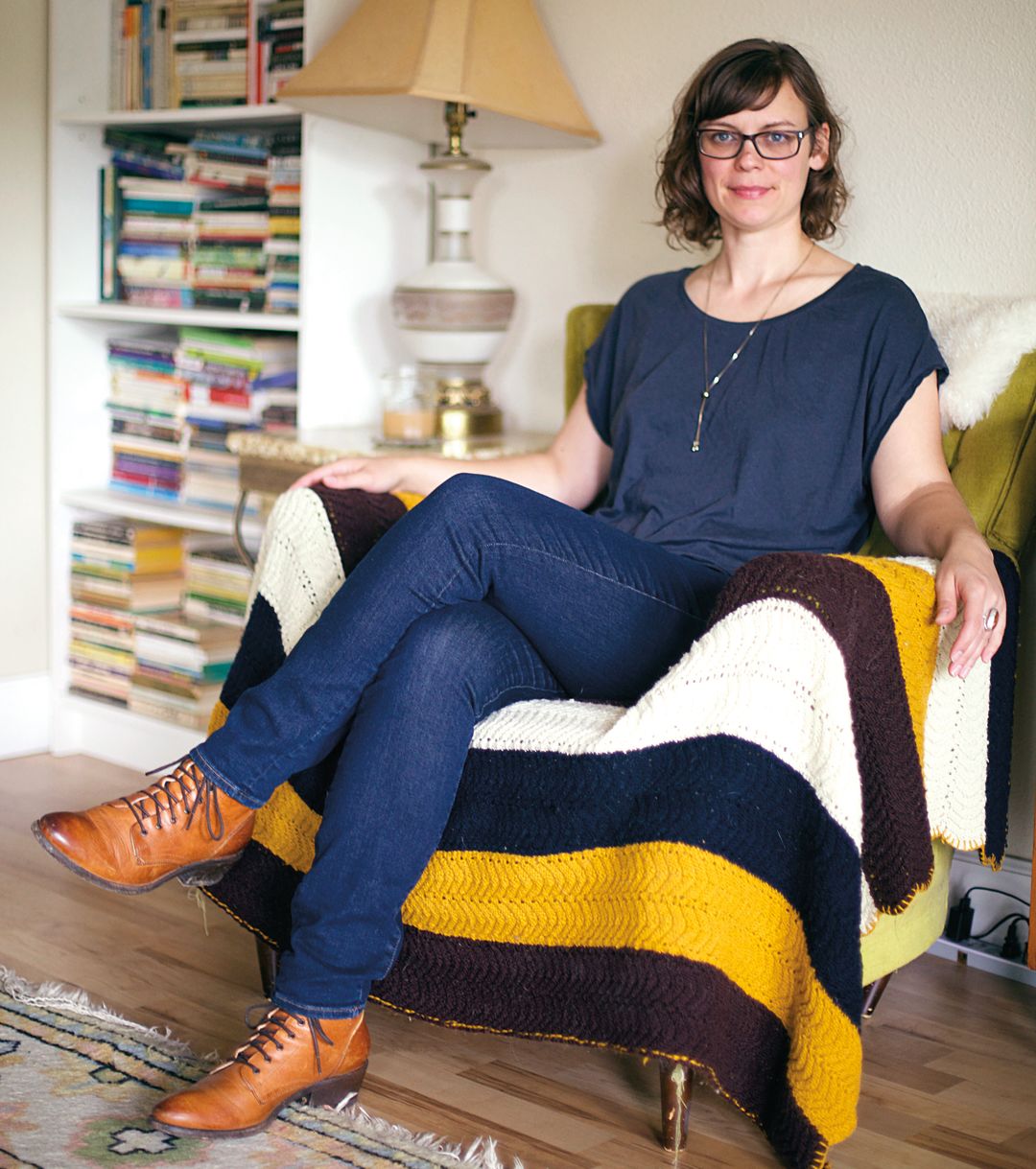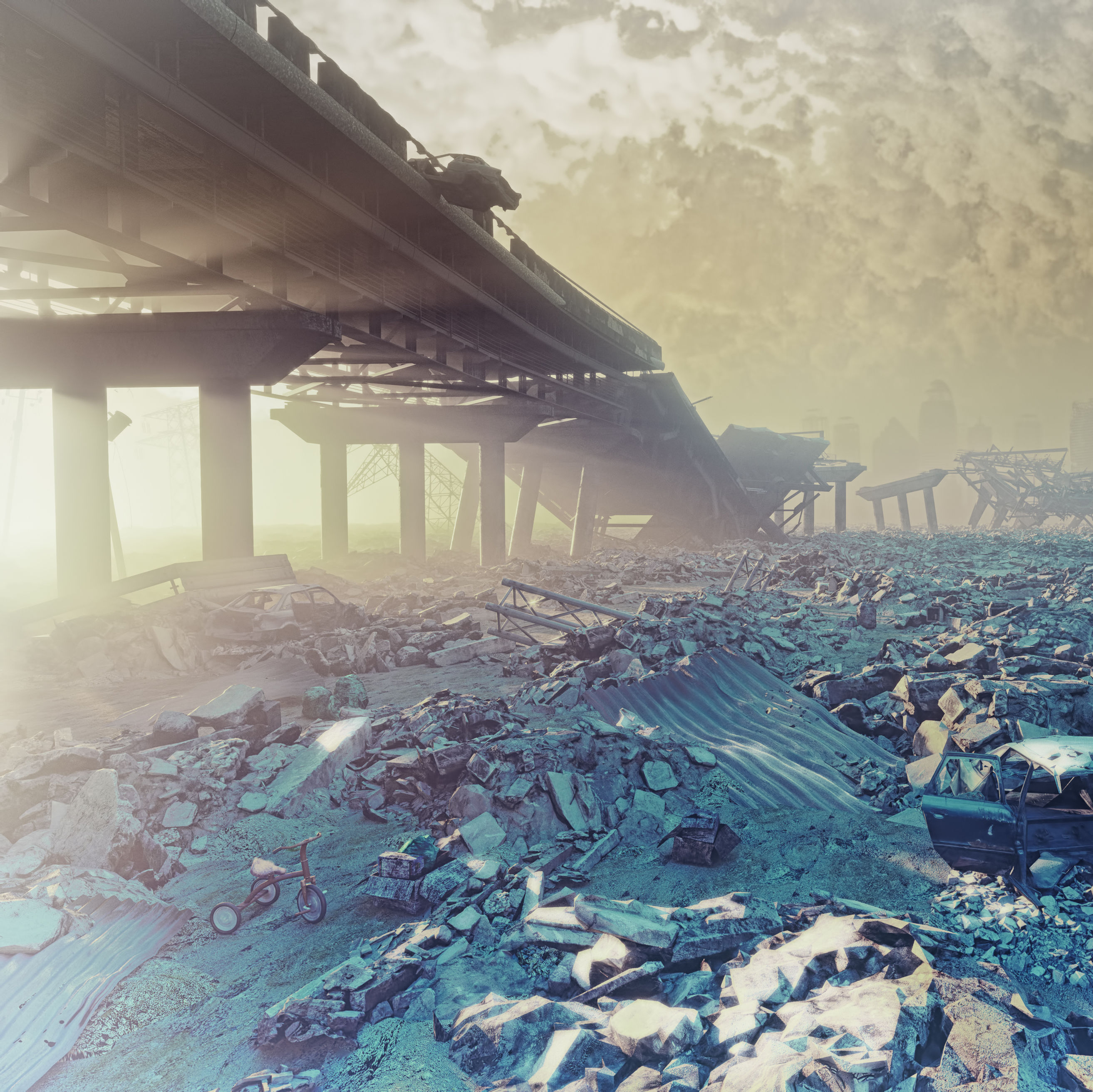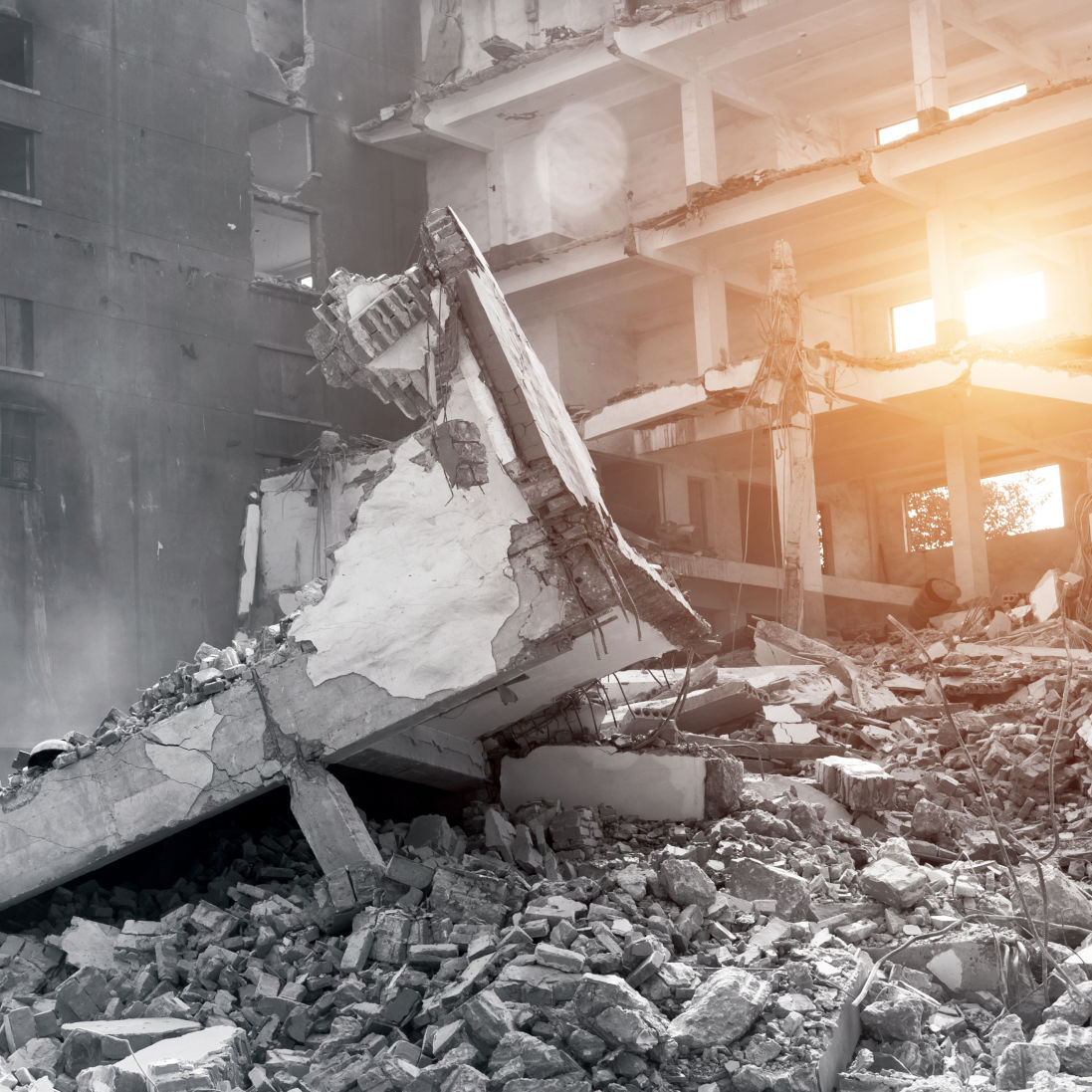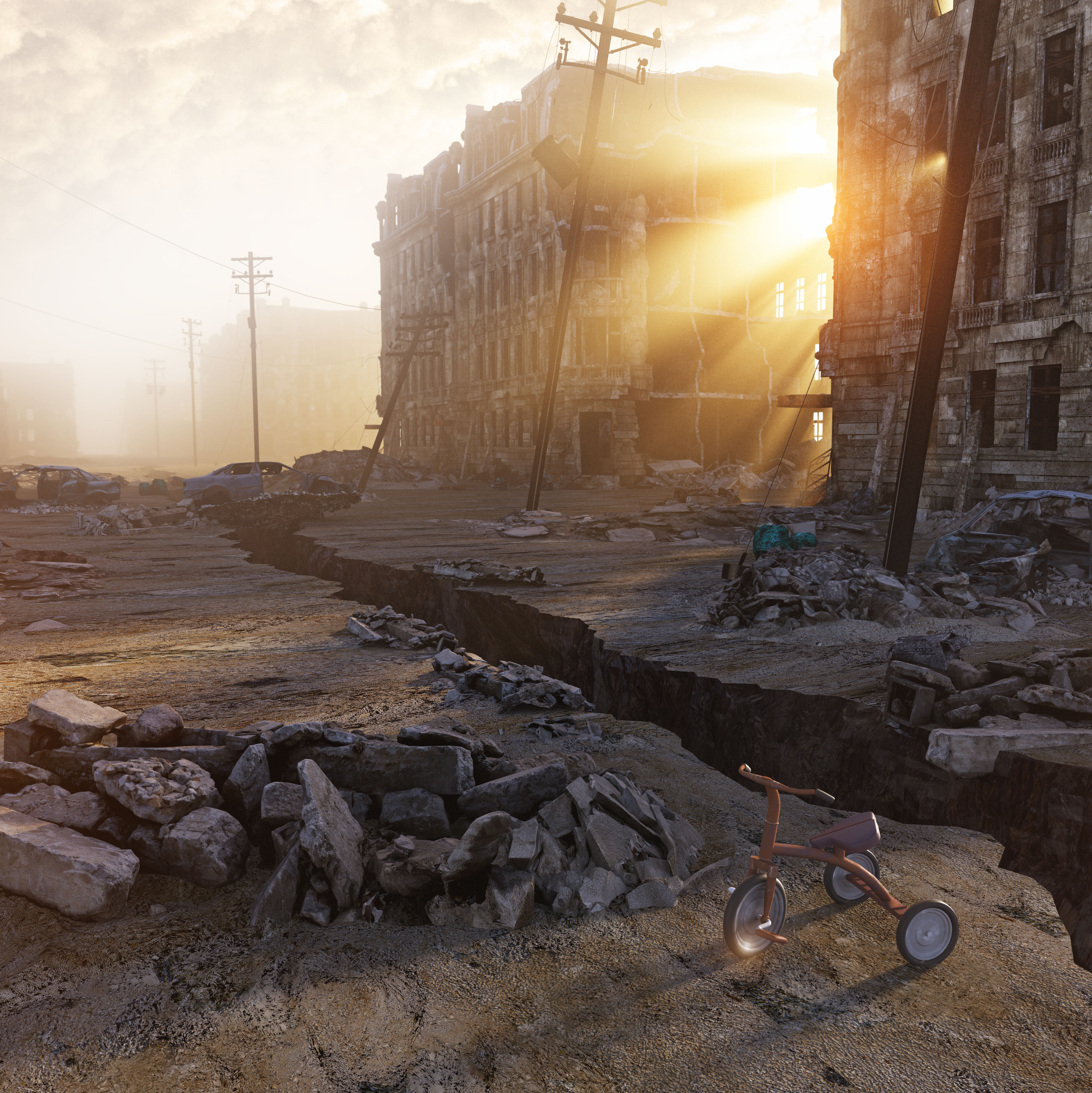Alexis Smith on Her New Post-Earthquake Mystery

“Portlandism is now a thing to be sold, and it feels less authentic,” says Alexis Smith.
Image: Annie Beedy
Portlander Alexis Smith debuted to acclaim with the quiet, introspective literary novel Glaciers. Now comes Marrow Island—an earthquake, climate change, and Malheur all wrapped up in a 256-page mystery. Why did she shake things up?
Your new book deals in numerous disasters: forest fires, an earthquake, climate change. Are these things you fear personally?
I think I’m more afraid of what people will do after a disaster than the disaster itself. Having grown up in the Northwest, earthquakes were always looming. In high school in Seattle we had earthquake kits in our school. And growing up in Alaska, hearing stories of the 1964 earthquake, it was just part of the landscape and part of life.
But having lived in this city for two-thirds of my life, people make me more nervous than what nature can do. I think that’s where the seed of this story was planted, in this idea that the landscape can be scary, that things can happen on the planet that are scary. But it grew because of how people behave.
Marrow Island takes place in an adjusted reality—close to ours, but slightly tweaked. Why set it there?
I had already finished a draft of the book when Kathryn Schulz’s [New Yorker] article about the Big One came out. In the Northwest there’s a lot of discussion about the earthquake anyway, so I thought, what if this earthquake had happened years ago? Would we have learned anything important [from it] by now? And I came down on the side of, probably not.
It’s partially set in the Malheur National Forest, not far north of the now-famous wildlife refuge of the same name. How did you feel when you heard about the self-styled militia’s Malheur occupation?
I was pretty enraged, because it seemed so selfish of them to decide that this land that belongs to everyone should just be for their purposes, and they were going to fight until they got what they wanted. My immediate response was to want to judge them. But I also think, well, I drove my car out to the middle of the Malheur Forest. I crapped in a vault toilet. I made my mark on the land in some way, too. I can say that I think what they did was wrong, and I think how they did it was wrong, but I can identify with their connection to the land and the need to be close to it.
You were working at Powell’s with several rejection slips to your name when a manager there passed your first book on to Tin House. It feels like a very Portland story—can the city take some credit?
Definitely. And if I helped romanticize Portland in any way, and contributed to pushing out more artists, I officially apologize! Capitalism has taken hold of whatever cool thing Portland had. Portlandism is now a thing to be sold, and it feels less authentic.
I want there to be successful artists from Portland, and I don’t have any problem with Portland being on the cultural map—I just want there to still be the 20-year-olds like I was who can move here, work at a bakery, and think about going back to school and getting an MFA. But that feels more and more far-fetched.












